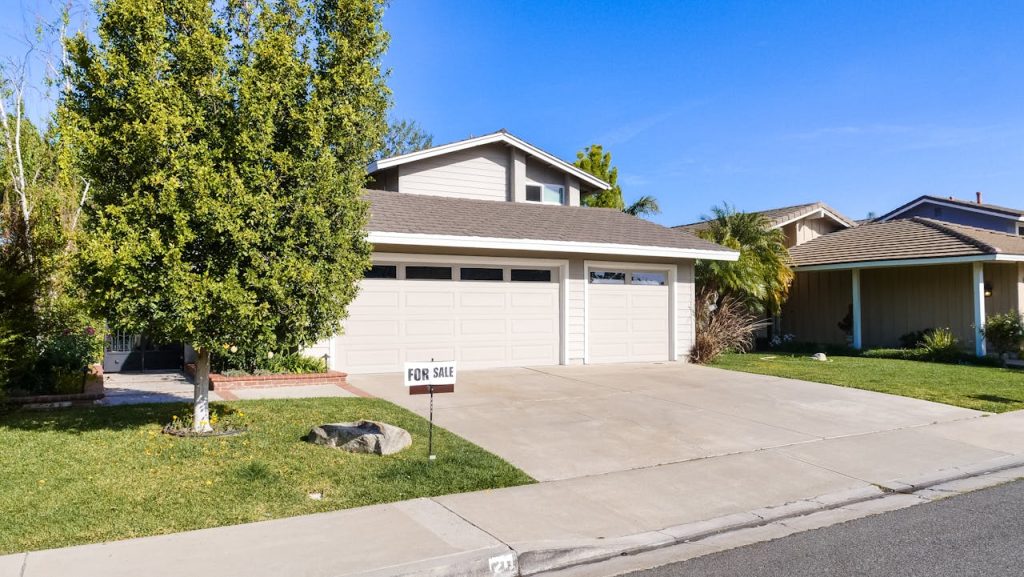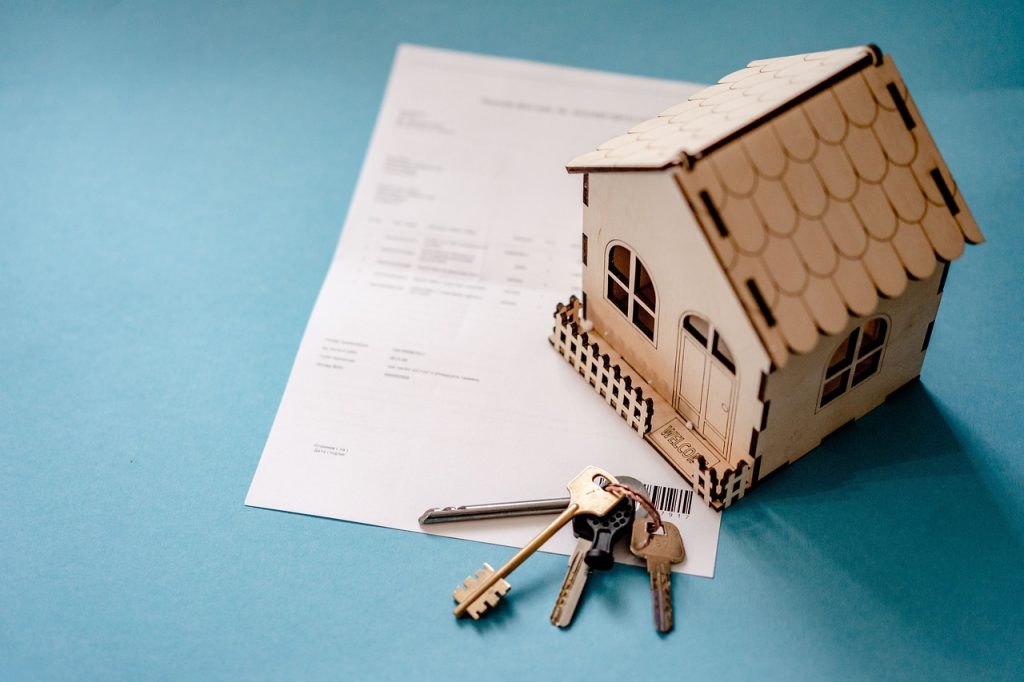
Image Source: pexels.com
Buying a home has always been a milestone for many Americans, but lately, the question “Should you really buy a home right now?” feels more loaded than ever. With headlines warning of sky-high prices, mortgage rates climbing, and stories of buyers waiving inspections just to get a foot in the door, it’s easy to feel overwhelmed. For many, the dream of homeownership is colliding with the harsh reality of today’s market math. Understanding the real numbers behind the decision is crucial if you’re weighing whether to jump in or sit tight. Let’s break down the unfiltered math so you can make a choice that truly fits your financial life.
1. Home Prices: Still at Record Highs
Home prices across the U.S. remain stubbornly high, even as the market cools in some regions. The median existing-home price hit $407,600 in April 2024, up 5.7% from a year earlier, according to the National Association of Realtors. In many cities, prices are even higher—San Francisco, Boston, and Seattle all report median prices well above $800,000.
This means that the entry point is steeper for many buyers than ever. For example, a first-time buyer in Austin, Texas, now faces a median price of $450,000, compared to $325,000 just five years ago. These numbers aren’t just abstract—they translate into larger down payments, higher monthly payments, and more risk if the market shifts.
The underlying cause is a persistent shortage of homes for sale, combined with strong demand from millennials entering their peak buying years. Even with new construction picking up, inventory remains tight, keeping prices elevated. If you’re considering buying, be prepared for stiff competition and the possibility of paying above asking price in many markets.
2. Mortgage Rates: The Cost of Borrowing Has Doubled
The cost of borrowing is a game-changer in today’s housing market. Mortgage rates have more than doubled since early 2022, with the average 30-year fixed rate hovering around 7% as of May 2025. Just two years ago, rates were closer to 3%.
What does this mean for your wallet? On a $400,000 loan, a 3% rate would cost about $1,686 per month (principal and interest). At 7%, that jumps to $2,661—a difference of nearly $1,000 every month. Over 30 years, that’s an extra $350,000 in interest alone.
This shift has priced many buyers out of the market or forced them to lower their budgets. It also means that even if home prices stabilize, the total cost of ownership remains much higher than in recent years. If you’re stretching to afford a home at today’s rates, consider whether you’d still be comfortable if your financial situation changed.
3. Rent vs. Buy: The Math Isn’t Always Obvious
With home prices and mortgage rates both high, the classic rent vs. buy debate is more relevant than ever. In many cities, renting is now significantly cheaper than buying. For example, in Los Angeles, the average rent for a two-bedroom apartment is about $2,900, while the monthly cost to own a similar home (including mortgage, taxes, and insurance) can exceed $4,500.
But the math goes beyond monthly payments. Homeownership comes with additional costs—maintenance, repairs, HOA fees, and property taxes—that can add up to 1-2% of your home’s value each year. On a $500,000 home, that’s $5,000 to $10,000 annually.
On the flip side, owning a home can build equity over time, especially if prices continue to rise. However, if you plan to move within five years, buying and selling transaction costs may outweigh any gains. Use a rent vs. buy calculator to see how the numbers stack up for your situation.
4. Down Payments and Hidden Costs: The Barriers to Entry
Saving for a down payment is one of the biggest hurdles for buyers today. With median prices above $400,000, a traditional 20% down payment means coming up with $80,000—no small feat. While some loans allow for lower down payments, this often means paying private mortgage insurance (PMI), which can add hundreds to your monthly bill.
Beyond the down payment, buyers face closing costs (typically 2-5% of the purchase price), moving expenses, and the immediate need for repairs or upgrades. For example, a $400,000 home could require $8,000 to $20,000 in closing costs alone.
These upfront costs can drain savings and leave new homeowners financially vulnerable. If you’re considering buying, make sure you have a healthy emergency fund and budget for the true all-in cost, not just the sticker price.
5. Market Uncertainty: What If Prices Drop?
One of the biggest fears for buyers right now is the risk of buying at the top of the market. While most experts don’t predict a 2008-style crash, some regions are seeing price corrections as affordability wanes. If you buy now and prices dip, you could end up underwater on your mortgage, owing more than your home is worth.
This risk is especially real if you need to sell within a few years due to a job change or family needs. Homeownership is best viewed as a long-term investment. If you’re not sure you’ll stay put for at least five to seven years, renting may offer more flexibility and less financial risk.
Making the Numbers Work for You
The unfiltered math of buying a home right now is sobering, but it’s not all doom and gloom. If you have a stable income, a solid down payment, and plan to stay in your home for the long haul, buying can still make sense, especially if you find a property that fits your budget and needs.
However, don’t let FOMO or pressure from friends and family push you into a decision that doesn’t add up. Run the numbers carefully, consider your long-term plans, and be honest about your financial comfort zone. Sometimes, waiting or renting a bit longer is the smartest move.
Are you wrestling with the decision to buy a home right now? What’s the biggest factor influencing your choice? Share your thoughts in the comments below.
Read More
Is It Ever a Good Idea to Move Back in with Your Parents to Pay Off Debt?
8 Hidden Costs of Buying a Home

Travis Campbell is a digital marketer/developer with over 10 years of experience and a writer for over 6 years. He holds a degree in E-commerce and likes to share life advice he’s learned over the years. Travis loves spending time on the golf course or at the gym when he’s not working.










